
International Women’s Day Quiz: How Much Do You Know About The Feminist Movement & The Heroines That Have Shaped Our History?
On March 8 we celebrate International Women’s Day, a day to celebrate equality, participation and empowerment of women in all areas of society. But how much do you know about the feminist movement? Take our quiz and discover a couple of interesting facts. This is the second best option to learn about the great women who have shaped our history! The first, of course, is to join one of the guided tours promoted by SANDEMANs for International Women’s Day!

Who wrote the famous sentence "One is not born, but rather becomes, a woman"?

This is one of the slogans of a French thinker and activist, who from 1949 came to be known as one of the greatest feminists of the twentieth century, thanks to her pivotal essay ‘The Second Sex’. To give you another clue, we talk about her during the Women of Paris Tour!
What is the emblematic color of Feminism?
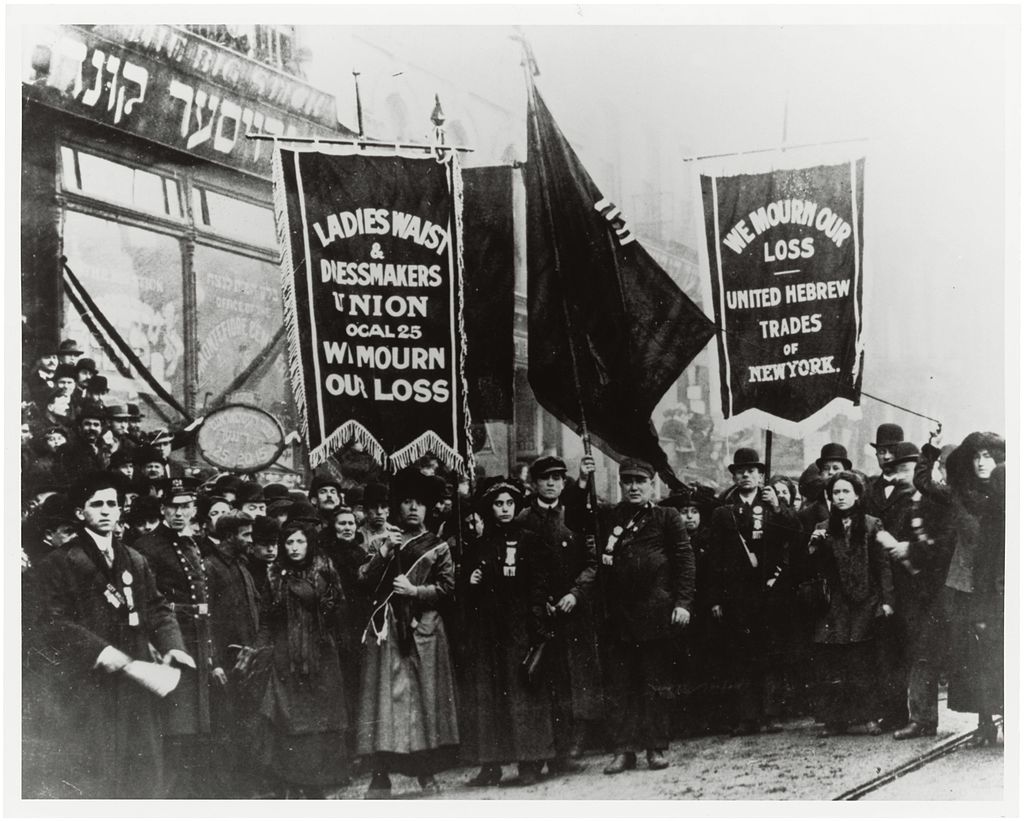
On March 25th, 1911, workers at the Triangle Shirtwaist factory in New York went on strike to protest against poor working conditions and low wages. Although there are several versions of the story, it is said that the owner set fire to the building during a sit-in protest whilst they were inside. Apparently, the smoke that came out of the chimneys was the same colour as that of the fabrics with which they were working at that time.
Who were Las Sinsombrero (Spanish for "Hatless Women")?
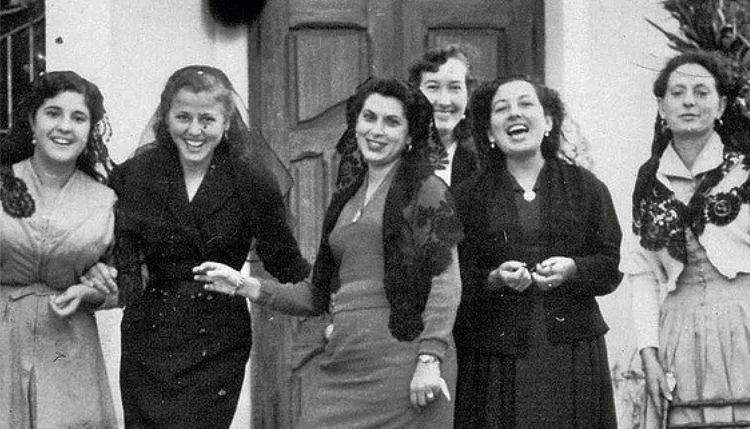
Throughout history, many women have been forced to take off their hats to show a defiant attitude to social norms at the time. In early-20th century Spain, a country which was still somewhat opposed to change, women removed their hats to show that they could be more than just the wives and mothers they were expected to be! To give you another clue, we talk about them on the International Women's Day Tour of Madrid!
What was the first country to allow women the vote in 1893?
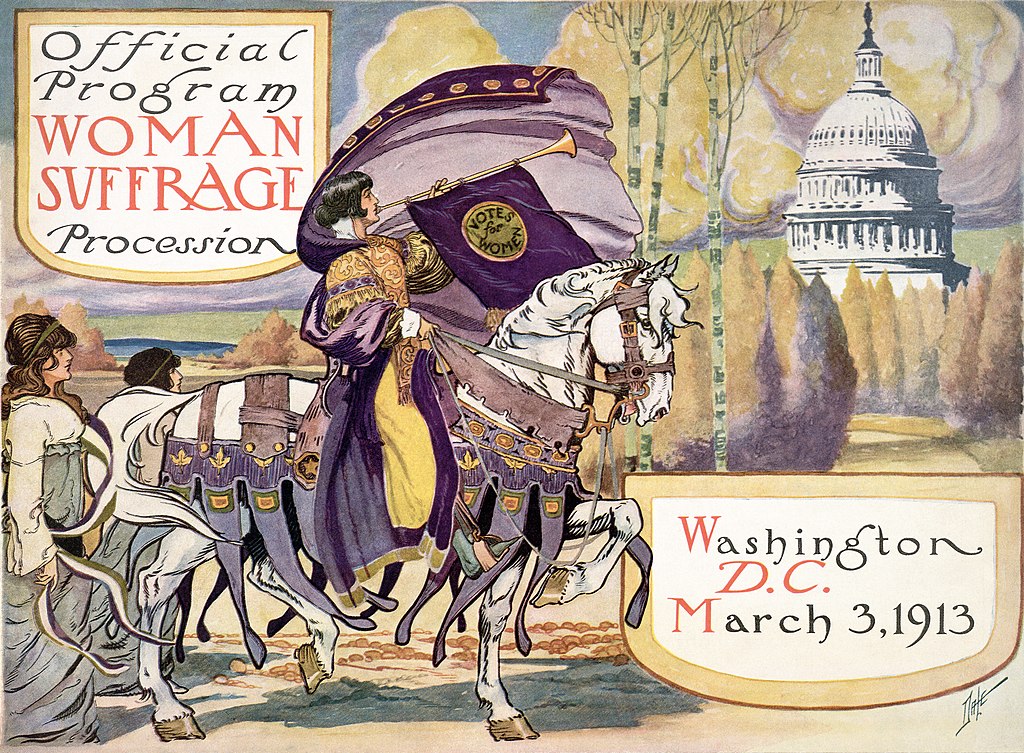
Who wrote the 'Declaration of the Rights of Woman and the Female Citizen' in 1791 (and was beheaded for it?)
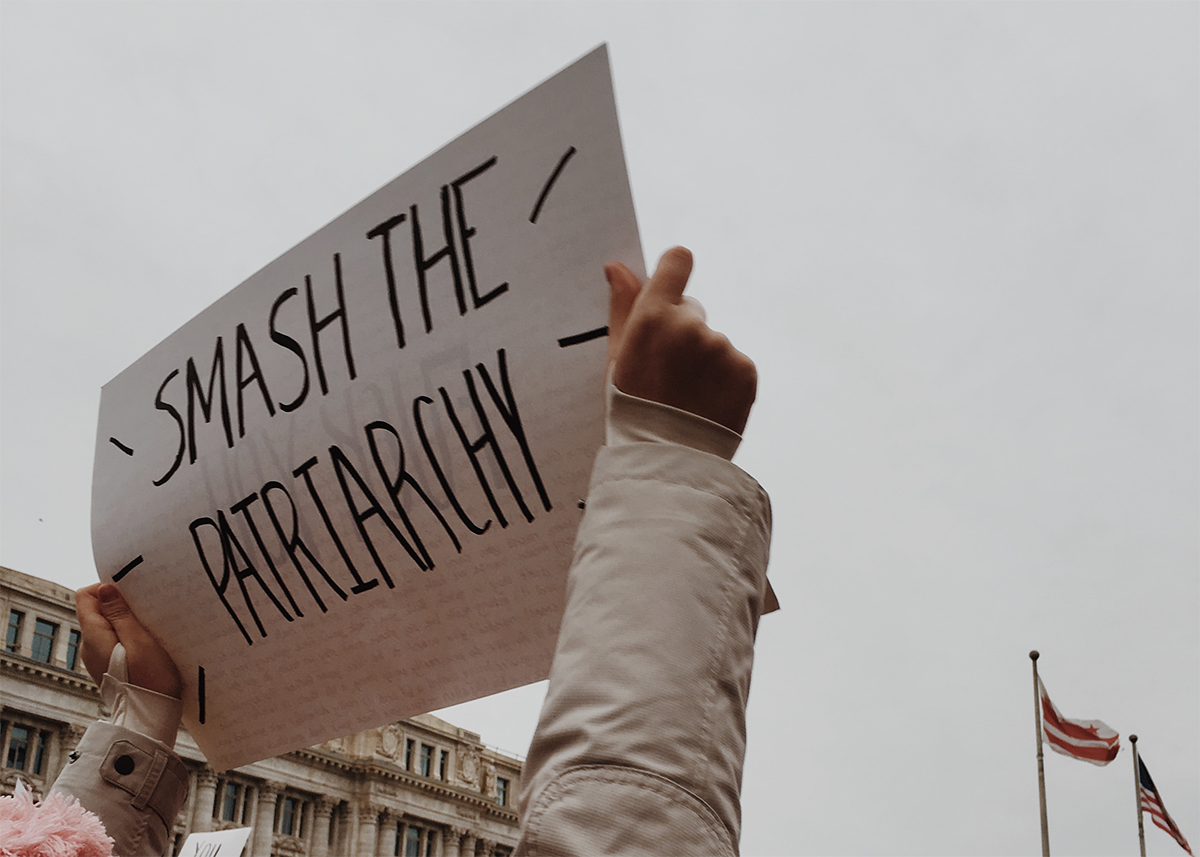
The works of this French writer, playwright, pamphleteer, philosopher and politician were deeply feminist and revolutionary. She defended equality between men and women in all aspects of public and private life. To give you another clue, we talk about her on the Women of Paris Tour!
In what year did Christine de Pizan finish her masterpiece ‘The Book of the City of Ladies?’
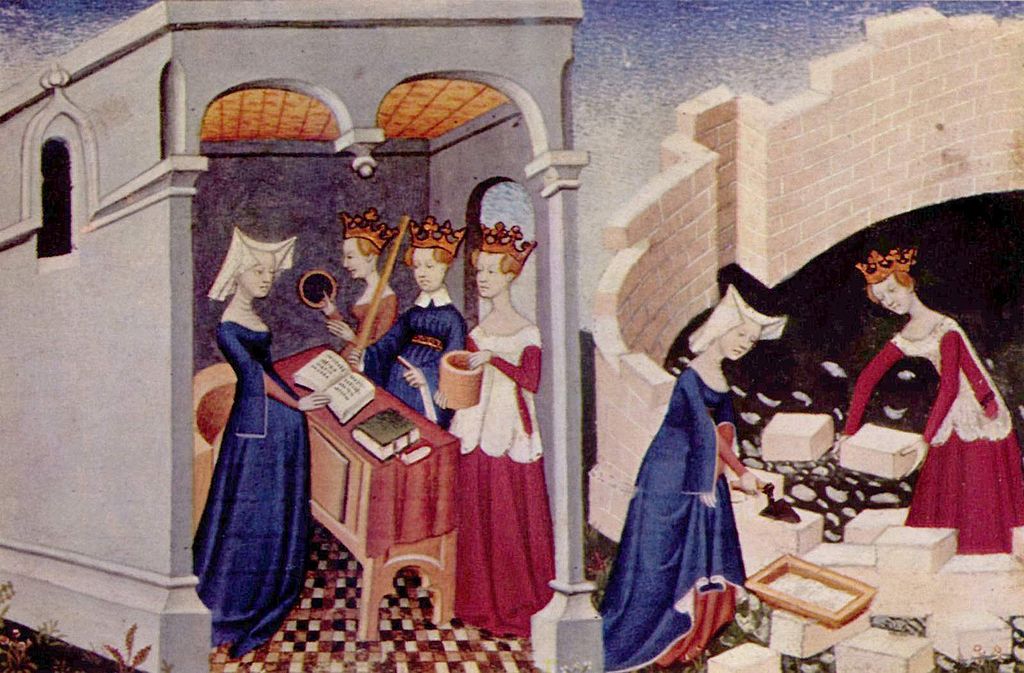
Pizan was the first woman to write an essay defending women and is considered one of the mothers of Western feminism. The book, which is considered a key work in 'The Woman Question', is the author's response to the popular ‘Roman de la Rose’ by Jean de Meun. Pizan defends women while building their allegorical city, ‘the City of Ladies’ which is ‘inhabited’ by a wide variety of illustrious women in history.
Which one of these is Spanish female politician, Ada Colau?
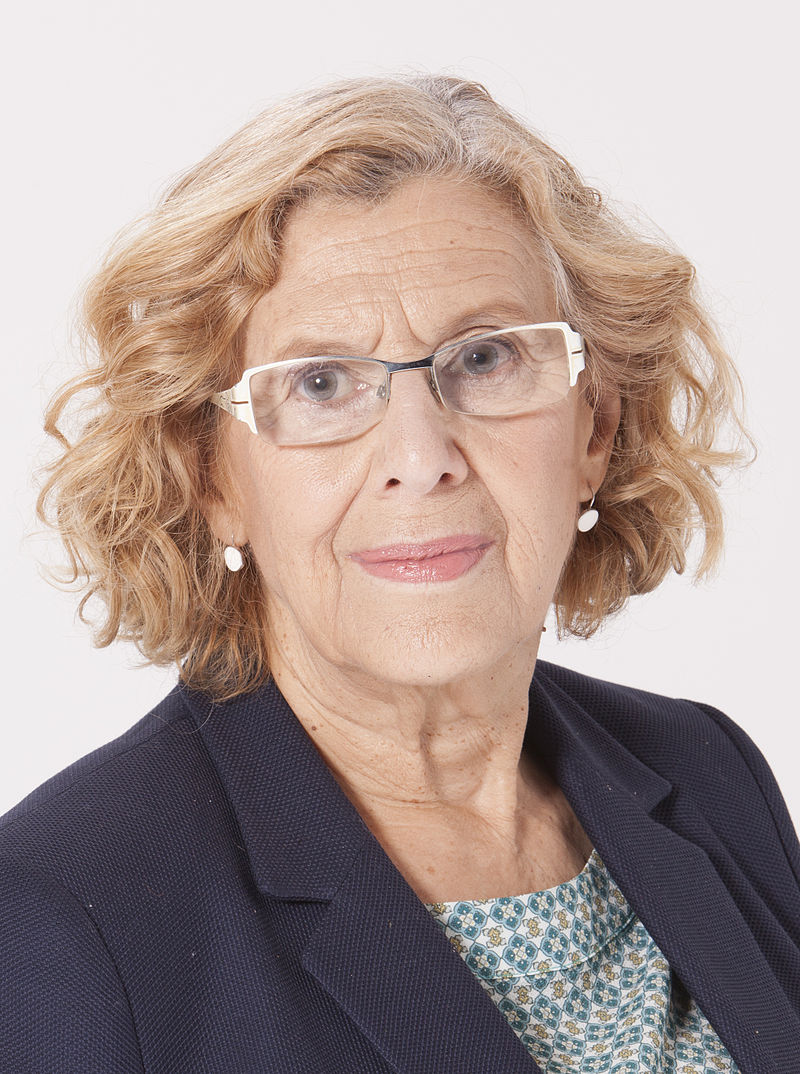
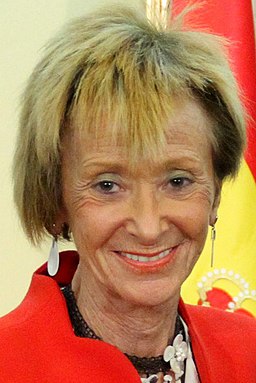
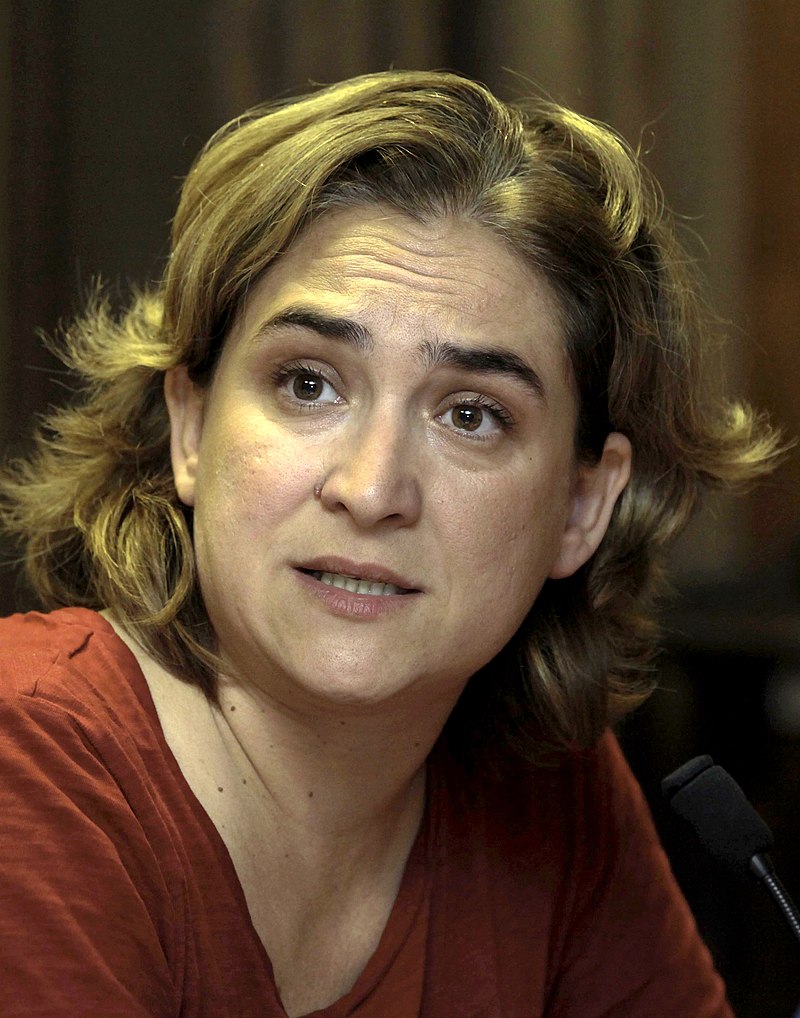
Ada Colau Ballano (Barcelona, March 3rd, 1974) is a Spanish social activist and politician, who has also been the mayor of Barcelona since 2015, as well as the first woman to hold the position. She was one of the founders of the ‘Platform of People Affected by the Mortgage in Barcelona’ in 2009 and was its spokesperson until May 2014. If you want to know more about Ada Colau and other great women and pioneer feminists, do not miss the International Women's Day Tour in Barcelona!
Of the 350 total seats in the Spanish Congress, how many are occupied by women?

Clara Campoamor, Victoria Kent and Margarita Nelken were the first women to take their seats in the Spanish Parliament. In 1931, women didn’t have the vote, but women could be elected as deputies. Today, Spain is the most politically egalitarian country in the EU, with the highest percentage of women deputies in Congress. Join us on the International Women's Day Tour in Madrid and learn more about the role of women in Spain’s political system.
Which event is commemorated on November 25th?
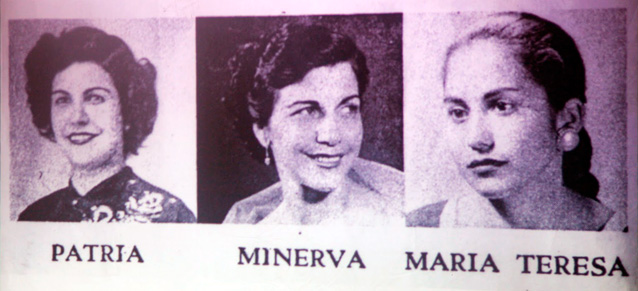
On this day we remember the Mirabal sisters, Minerva, Patria and María Teresa, known as Las Mariposas (the Butterflies), who were defenders of women’s rights in the Dominican Republic. They were murdered on November 25th, 1960 by the dictatorship of Rafael Leónidas Trujillo.
Who was the first woman to exercise the right to vote in the history of Portugal?
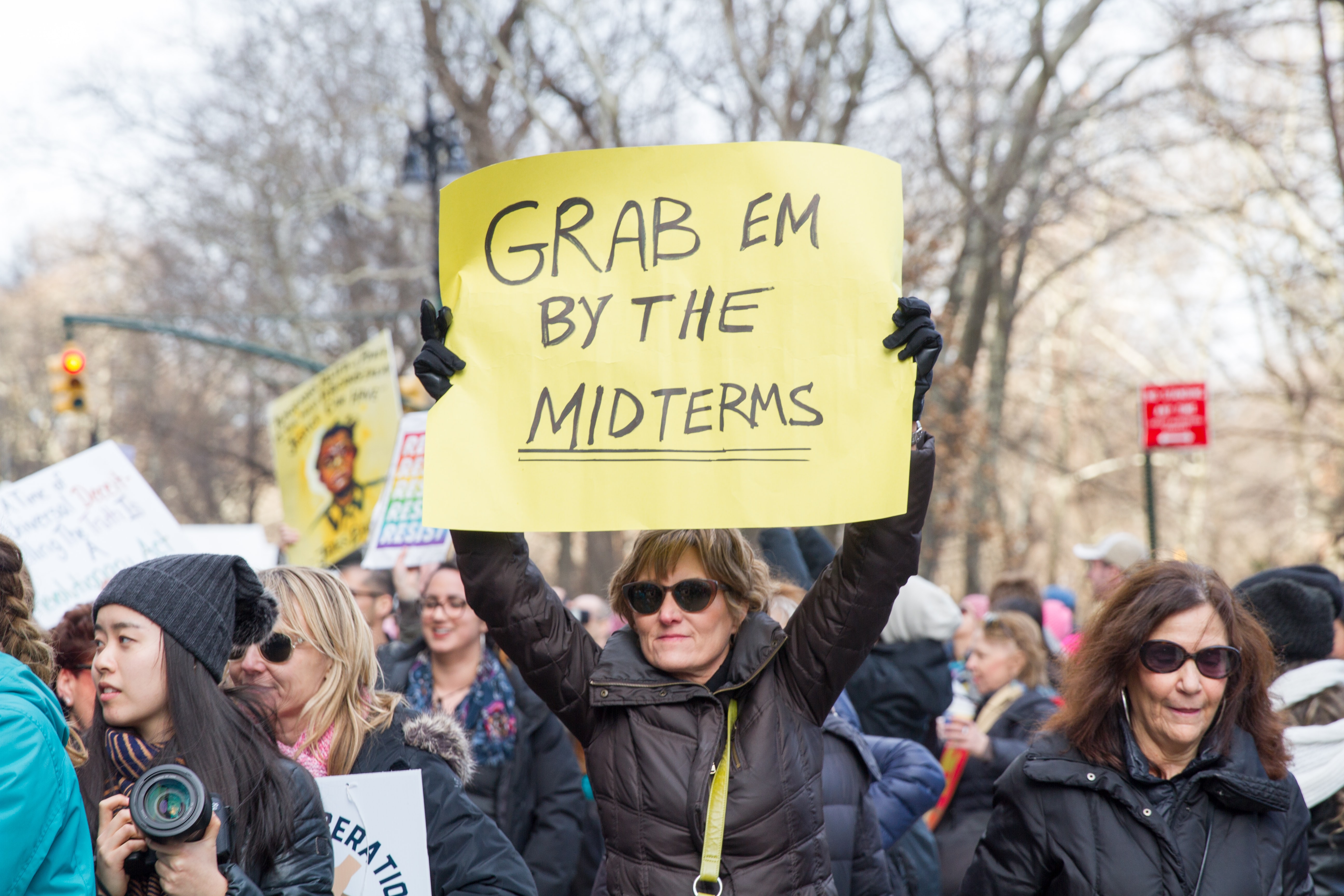
Although Portuguese women were not granted the right to vote until 1931, this Portuguese doctor and feminist managed to find a legal loophole that let her become the first woman to vote in Portugal during the First Portuguese Republic for the elections of the constituent Assembly of 1911. If you want another clue... we talk about her on the International Women’s Day Tour of Lisbon!
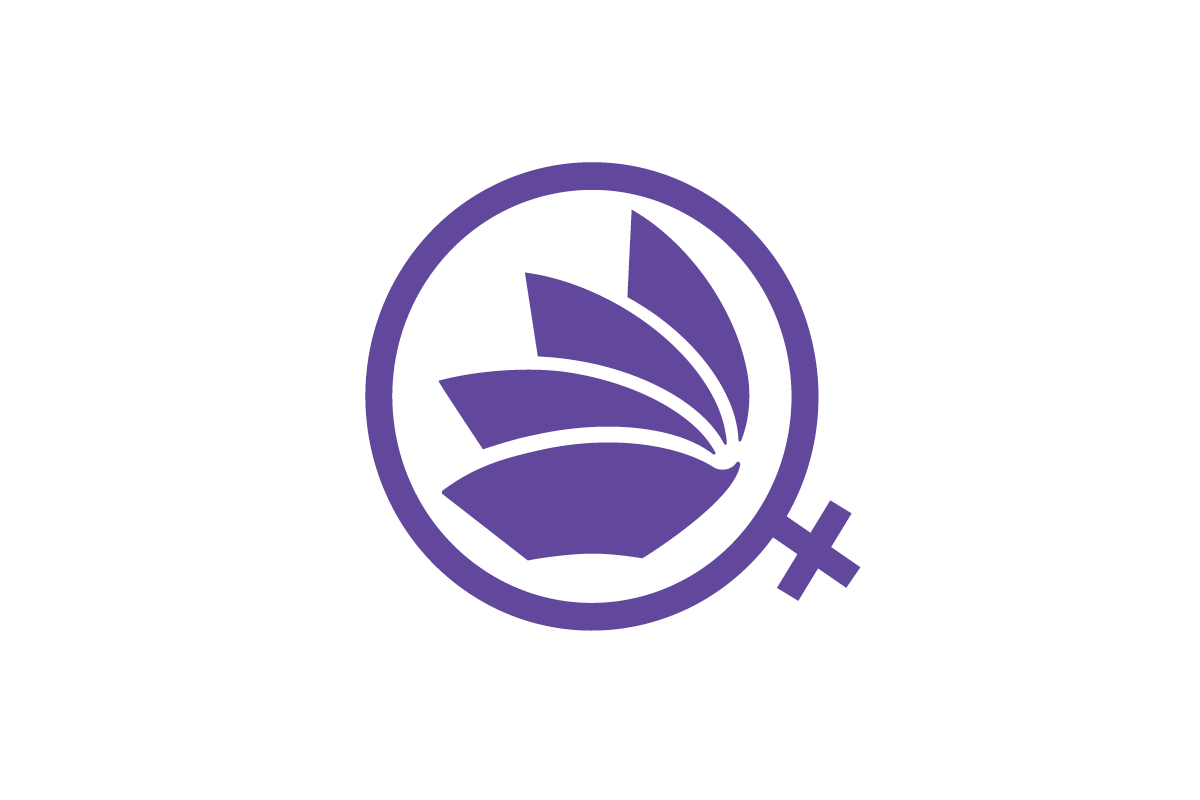






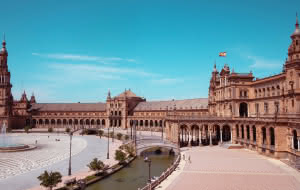
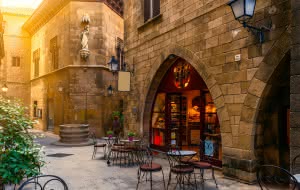















Comments